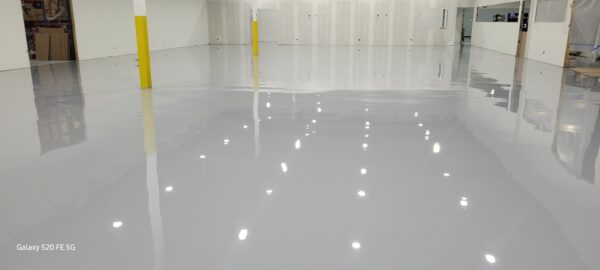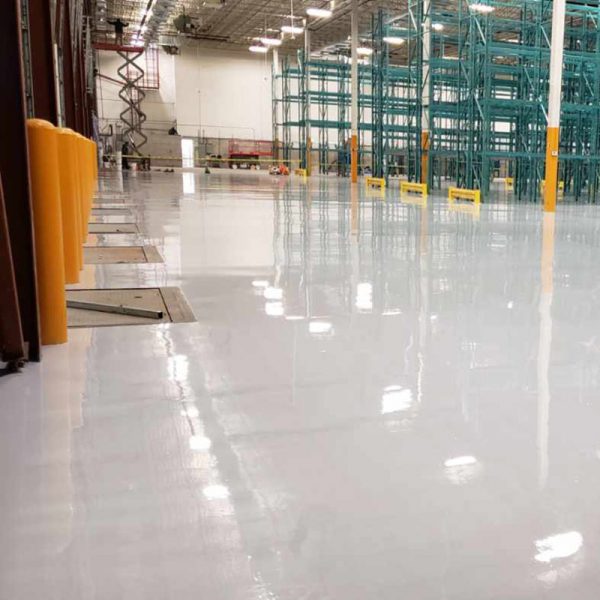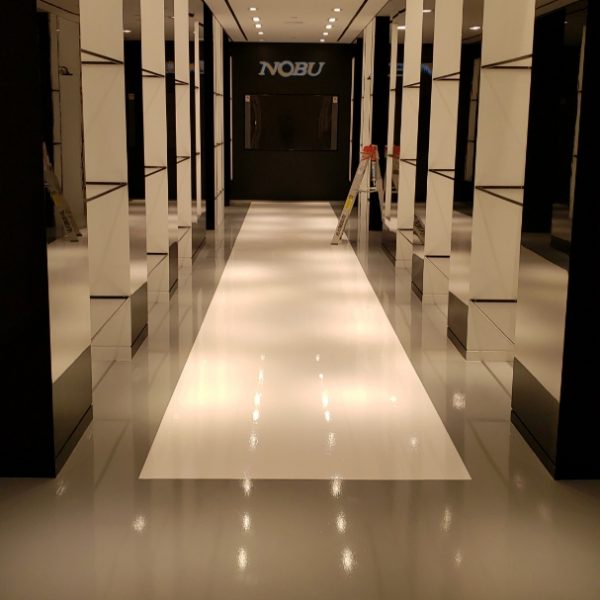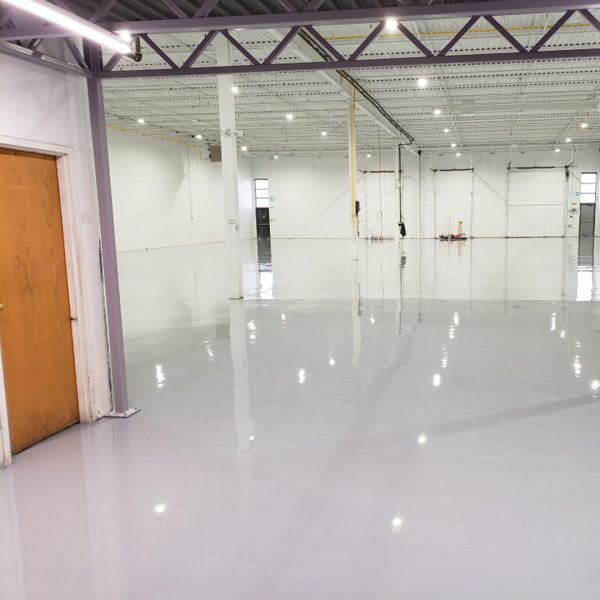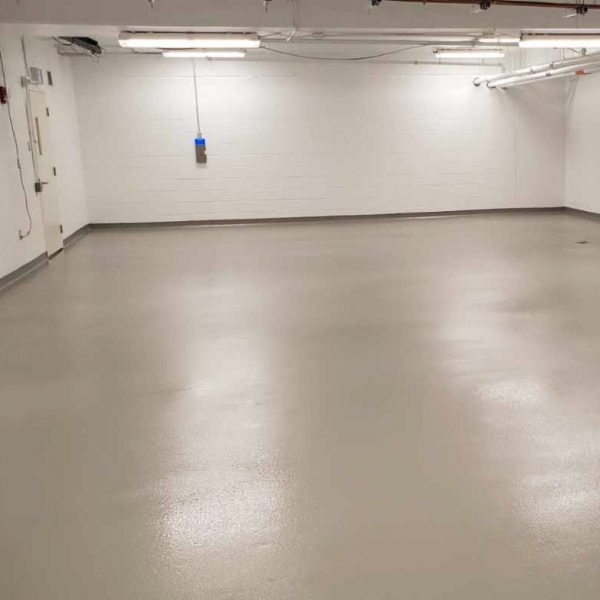For those in the general manufacturing sector, you understand the importance of quality equipment. Similarly, factory flooring should be strong enough to withstand daily stresses without the need for frequent maintenance or repair. You may need to replace your floor after a couple of months or years. Based on the industry, you may have to consider the following flooring solutions.
Epoxy Floor Coating
Epoxy flooring is among the most versatile factory flooring coating in the market. It offers superior hardness in various colors and has a long lifespan with a low cost of maintenance. Epoxy is composed of a curative and a polyepoxide resin and owes its strength to the chemical bond formed by these two components. Although it’s mainly useful for coating concrete floors, epoxy is suitable for various surfaces, such as tile, vinyl, and metal. It is one of the long-lasting floor coatings available, but its durability depends on its environment and installation. Most flooring factories can expect 5 or 10 years of use before recoating epoxy.
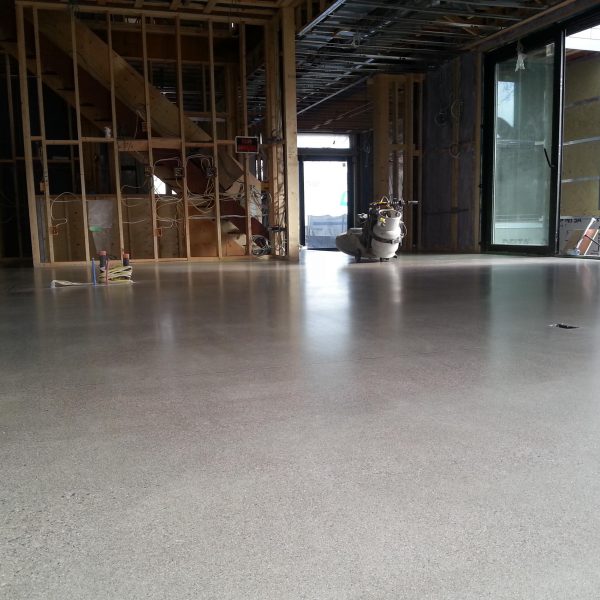
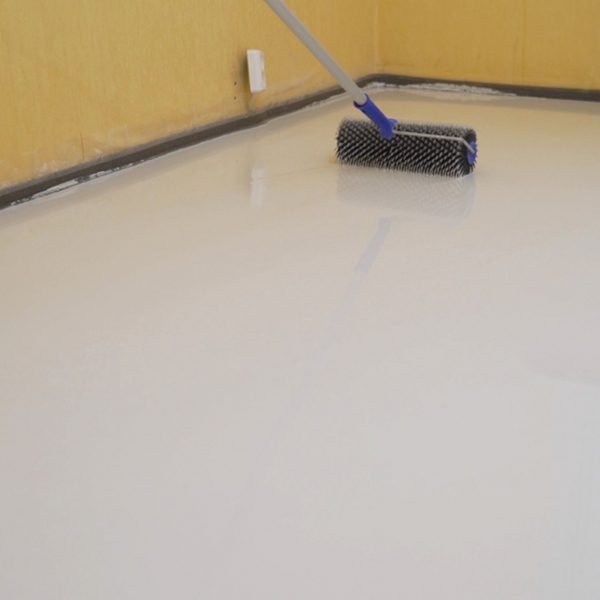
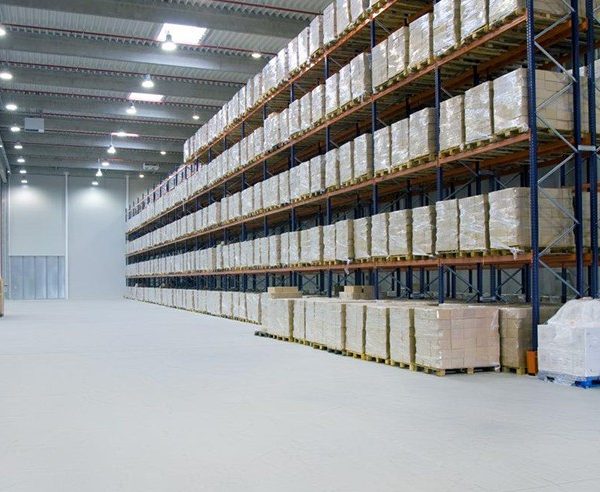
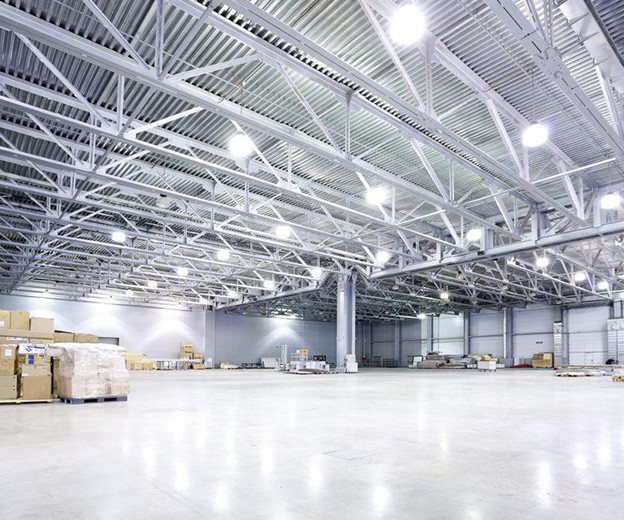
Urethane Floor Coatings
Urethane is a polyurethane coating known for its flexibility, abrasion-resistance and longevity properties. Urethane is excellent as a coating for floors because of its toughness and versatility. There are two ways of applying urethane coating: clear or colored. But you will want the coating to be colored if you use it to cover a damaged floor. With that kind of durability, urethane can function well in places like parking garages, dairy farms, high-traffic manufacturing facilities, and walk-in freezers and refrigerators. While urethane is known to be one of the most durable floors, it’s still possible for it to crack, and the best way to repair the crack would be to apply a new coat over it. The greatest thing about urethane coatings is that you do not have to remove the urethane coating before applying new ones as you apply them over other coatings.
Floor Striping for the 5S organization
Floor striping applies colored tape or painted lines to mark pathways and work zones in a warehouse. According to the 5S principles of workspace organization, a successful office layout allows visitors and employees to grasp the room’s operation at a glance. In other circumstances, utilizing colorful tape to create stripes on your warehouse floor may work, but be cautious that less expensive tape could peel up at the edges, potentially posing a tripping hazard. The type of floor coating may impact how effectively the tape adheres to the floor over time. Furthermore, if you need larger blocks of color to identify workstations, you’ll need something more adaptable than tapes, such as paint or a long-lasting colored epoxy finish.
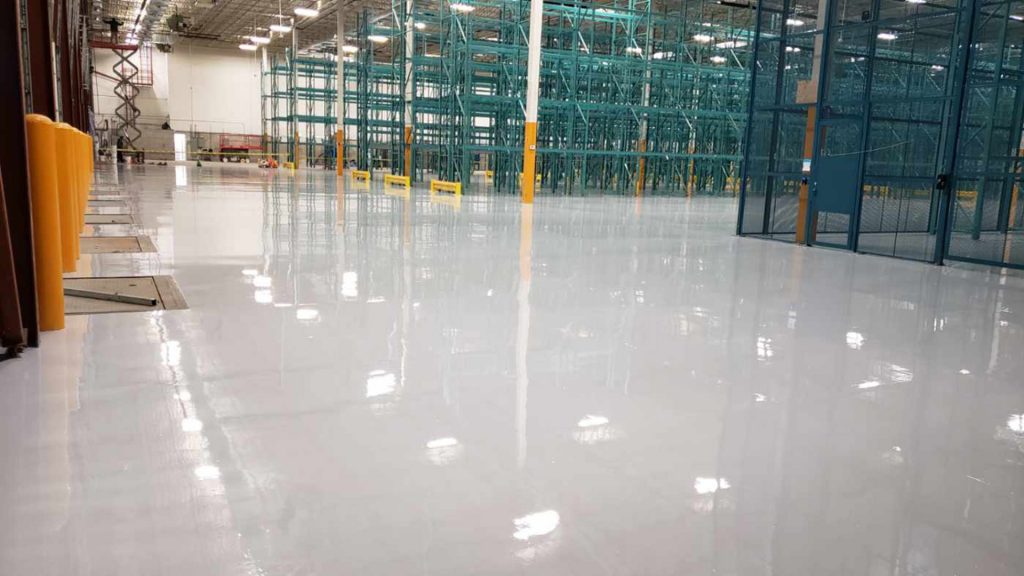
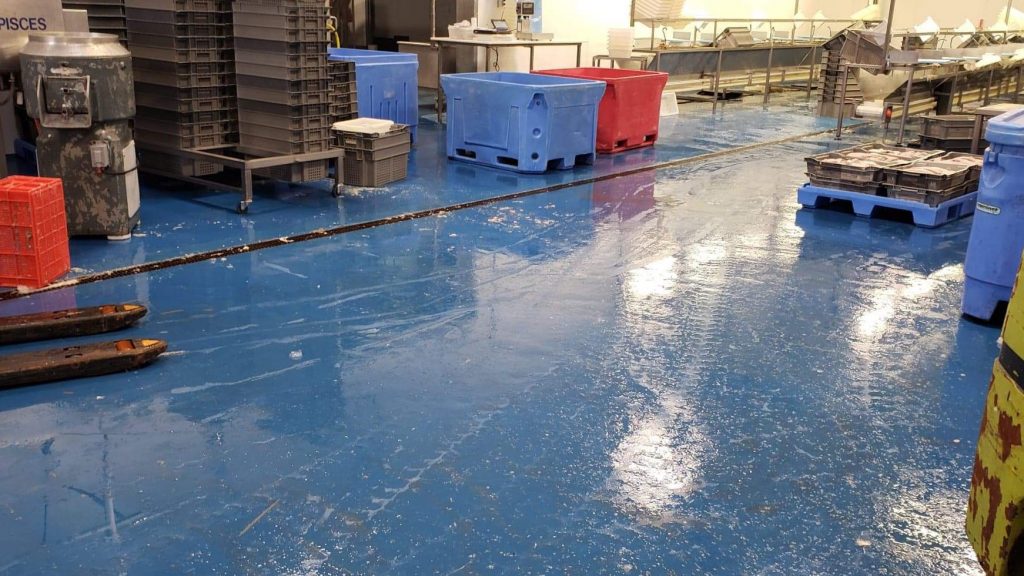
Electrostatic Dissipative (ESD) Flooring
Electrostatic dissipative (ESD) flooring dissipates static electricity through electrical resistance. ESD constitutes a long-lasting epoxy floor coating with dissipative components. Electrostatic dissipative flooring protects electronic equipment by preventing and reducing the effects of static discharges. Anti-static floor coatings prevent electrical accumulation while workers walk across them, whereas traditional flooring materials build charges. ESD flooring spreads the shock across a large area when a static discharge occurs, reducing its destructive potential. It’s necessary to clean and prepare the existing concrete floor before applying the anti-static coating to ensure that it operates effectively.
Extreme chemical resistant floor coatings
Chemical spills can leave ugly stains and endanger your floors by eroding them, mainly if you manage a company that handles corrosive chemicals. The correct flooring factory solution will help preserve your floors from damage if your manufacturing process uses corrosive chemicals.
Chemical-resistant factory flooring keeps your floors and employees safe. Our experts can create a unique blend of high-strength, chemical-resistant epoxy that can tolerate spills that otherwise destroy other flooring factory. This coating makes it easier to clean up spills entirely with only a quick wipe-off as it prevents chemicals from sinking into floors and protects the floor beneath.


Anti-slip floor
Accidents sometimes are bound to happen in a busy working environment. Slip-and-fall injuries are among the most common workplace injuries, costing businesses billions of dollars each year in the United States. Installing a slip-resistant floor coating could protect your people and also save you money as it is very costly when an employee gets hurt during the workplace. Suspended aggregate, either sand or gravel, can be used in these safety floor coverings, offering employees grip even in slippery conditions.
Floor joint and crack filling
Although concrete is one of the most durable flooring materials available, there is no guarantee that it will not crack. Moisture, oils, and chemicals can leak into the floor through cracks and empty joints. Furthermore, unsightly cracks, unfilled joints, and spalling in your factory’s concrete floor pose a safety issue and can cause machinery to wear out over time. With sealers and fillers, we can help you safeguard your flooring. Experts can help you decide on the most suitable flooring solutions if your facility works with chemicals or other corrosive substances.


